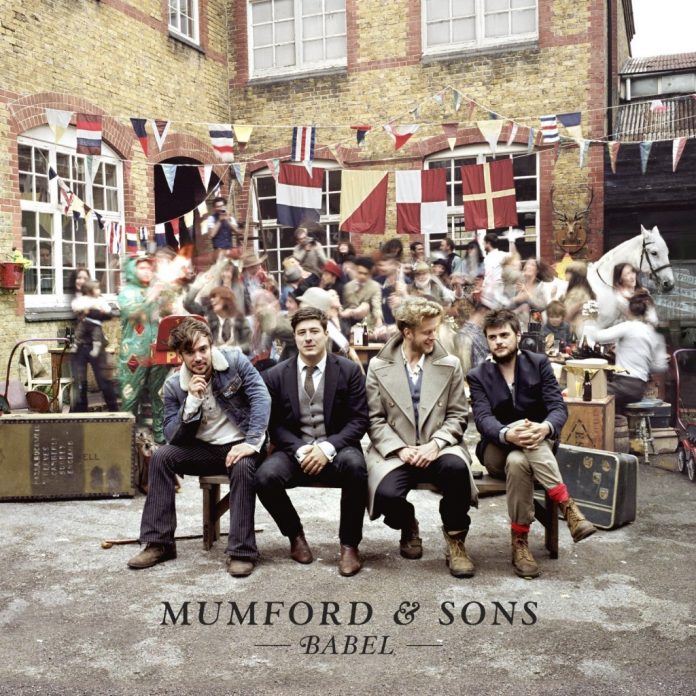Daniel Glass had no idea a recession was right around the corner when he launched Glassnote Entertainment Group in 2007.
Ten years later, Glassnote has become one the world’s leading indie labels. Much of that has to do with the quality of the recording artists signed to Glassnote – including Mumford & Sons, CHVRCHES, Childish Gambino and Phoenix.
SoundExchange: You also signed some great bands that just killed it, and that helped. But it didn’t happen overnight. It took a while for Mumford & Sons to gain traction in the U.S. With Mumford & Sons, was it a matter of developing a strategy, putting that strategy into play and then being patient?
Glass: The strategy was simple. What hooked us was their live show. It was these four, passionate people who were playing American music better than many Americans at the time.
All we had to do was invite people to see them live to convince them that this was something different, something fresh and something that could work for their radio listeners.
Then the momentum started.
The industry was scratching their heads thinking, “What are these four English guys doing with a kick drum and a banjo singing alternative folk rock music?”
People had a hard time with it, which usually happens with big records. A few years earlier “Oh Brother, Where Art Thou?” came out of nowhere and sold millions of copies. No one saw that coming. It was different, and it was great.
With Mumford & Sons, it was a great band that was great live, and their records were made exquisitely with emotion so they resonated. If you look at every success we’ve had, each one of them took a long, patient path.
Not one of those trajectories was a huge spike. People think these things are overnight successes, but it was a long haul and the band worked very hard. I think patience and persistence were the keys.
SoundExchange: What’s the takeaway for executives at a young label? Is it all about good A&R? Is it about having and implementing a good plan?
Glass: I think A&R is the most important part. You’ve got to sign great talent. You’ve got to have hits. I believe in having the best producers, the best mixers and the best engineers.
After that you have to decide what game you want to be in. Do you want to compete? Do you want exposure? Do you want to try to get on Saturday Night Live and the Graham Norton shows of the world and KROQ and KIIS-FM?
Then you have to spend money and hire the best people.
We’ve had some wonderful moments here, and it doesn’t happen overnight. We work really hard to get the feature stories written and the artists to play Madison Square Garden, Lollapalooza, Coachella and Bonnaroo. That’s what we aspire to, but that’s also what we project.
We want to be number one on radio and we also really love headliners. So the band has to have ambition. I look at them before they sign and say “Are you sure you can do this? We’re kind of intense.”
All those bands have the same DNA – they’re great live.
The takeaway for a young executive is great A&R, but you’ve got to work hard and you have to get out of the office and meet with people in person.







